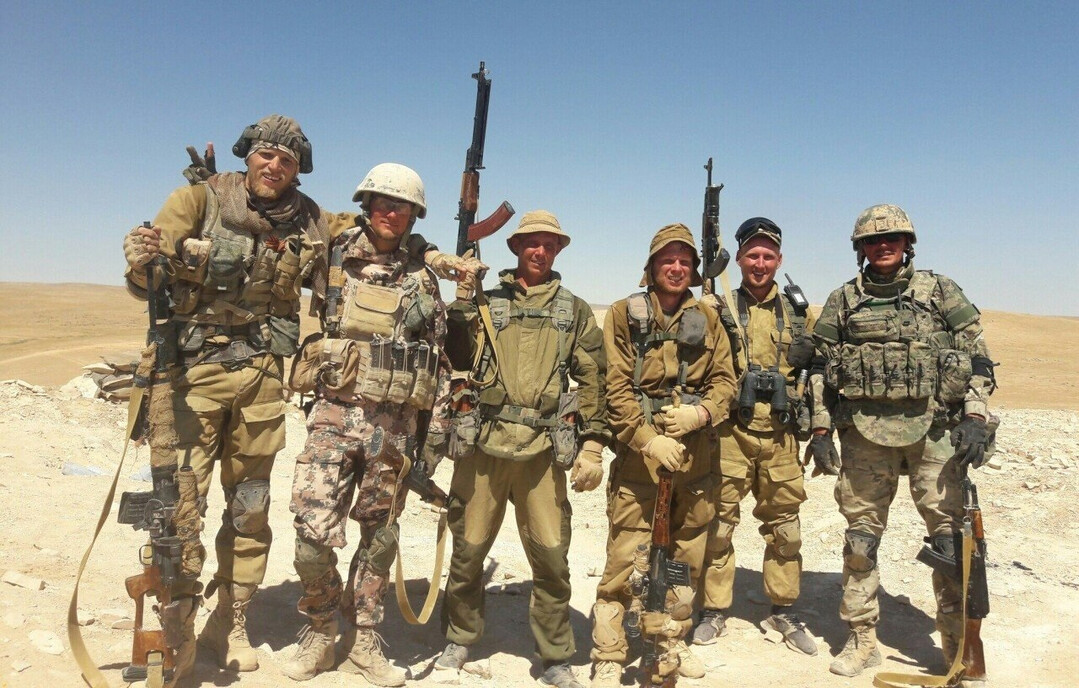
BAMAKO, MALI — The Russian private military company, the Wagner Group, announced on Thursday, June 6 (local time), that it is withdrawing its forces stationed in Mali, West Africa, after a three-and-a-half-year deployment. The announcement, made via the group's Telegram channel, stated that Wagner had completed its primary missions in Mali and was consequently departing. However, specific details regarding the withdrawal timeline were not provided.
The Wagner Group's self-assessment of its operations highlighted its significant contributions to the Malian government's efforts against armed rebel groups. The group claimed to have "eliminated thousands of armed rebels and commanders who had carried out terrorist attacks against civilians for years," and asserted its role in "reclaiming provincial strongholds for government forces." Furthermore, Wagner stated it had "assisted the Malian military junta in establishing a strong and disciplined army."
This announcement of withdrawal comes shortly after reports emerged that Malian government forces had been dislodged from key military bases in the central region of the country. In recent weeks, anti-government Islamist militants have reportedly resumed large-scale offensives against government military installations, successively capturing bases in Boulikessi, Timbuktu, and Mahou.
Timing of Withdrawal Raises Questions
The timing of Wagner's departure has raised questions among observers and analysts. AFP, citing local sources, reported that the Wagner Group began its withdrawal after suffering significant casualties in an attack by rebels at the Boulikessi base on June 5. A military source, speaking on condition of anonymity, described the Wagner Group's withdrawal as strategic and indicated it was carried out under superior orders. This suggests that the decision may have been influenced by the recent setbacks experienced by pro-government forces and Wagner itself.
The Wagner Group's involvement in Mali's internal conflict began in late 2021. They were invited by the military junta, which seized power in two coups since 2020, to assist in counter-terrorism operations. This move followed the expulsion of French forces, who had previously been the primary international military presence in Mali. The junta, led by Colonel Assimi Goïta, solidified its control after the 2020 coup that overthrew President Ibrahim Boubacar Keïta, and a subsequent coup in 2021 that removed the transitional government.
Wagner's Controversial Presence and Impact
Wagner's presence in Mali has been highly controversial, drawing widespread criticism from Western nations and human rights organizations. Critics accused the group of human rights abuses, including extrajudicial killings and torture, while its operations were often shrouded in secrecy. Despite these allegations, the Malian junta consistently maintained that the Russians present in the country were not mercenaries but rather military instructors providing training and assistance.
The true number of Wagner operatives in Mali has always been a subject of speculation, with estimates ranging from a few hundred to over a thousand at its peak. Their operational methods often involved direct combat support to the Malian armed forces, as well as providing training and logistical assistance. While the Malian government lauded their contributions to security, the effectiveness of their presence in curbing the Islamist insurgency remains a contentious issue. Despite Wagner's claims of success, the recent resurgence of militant activity, particularly in central Mali, suggests a persistent and formidable threat.
In July of last year, a significant number of Wagner fighters reportedly lost their lives in northern Mali during an attack by the nomadic Tuareg rebel movement. This incident, while not directly linked to the current withdrawal, underscored the dangerous and unpredictable nature of the conflict Wagner forces were engaged in.
Implications of Withdrawal
The withdrawal of the Wagner Group is likely to have significant implications for Mali's security landscape. Without the direct combat support and training provided by Wagner, the Malian armed forces may find themselves more vulnerable to attacks from the well-entrenched Islamist militant groups, including affiliates of al-Qaeda and the Islamic State. The sudden departure could also create a security vacuum, potentially leading to an escalation of violence and further instability in an already volatile region.
Furthermore, Wagner's involvement in Mali was seen as a key component of Russia's broader strategy to expand its influence in Africa. The group's departure from Mali, following its withdrawal from other African nations like the Central African Republic, could signal a shift in Russia's engagement strategy on the continent, or it could simply reflect a redeployment of assets to other priority areas.
The Malian government will now face the challenge of securing its territory and protecting its citizens without the direct assistance of the Wagner Group. It remains to be seen whether the Malian military, which Wagner claims to have strengthened, is indeed capable of handling the ongoing insurgency independently. The international community will be closely monitoring the situation in Mali as the implications of Wagner's withdrawal unfold.
[Copyright (c) Global Economic Times. All Rights Reserved.]




























